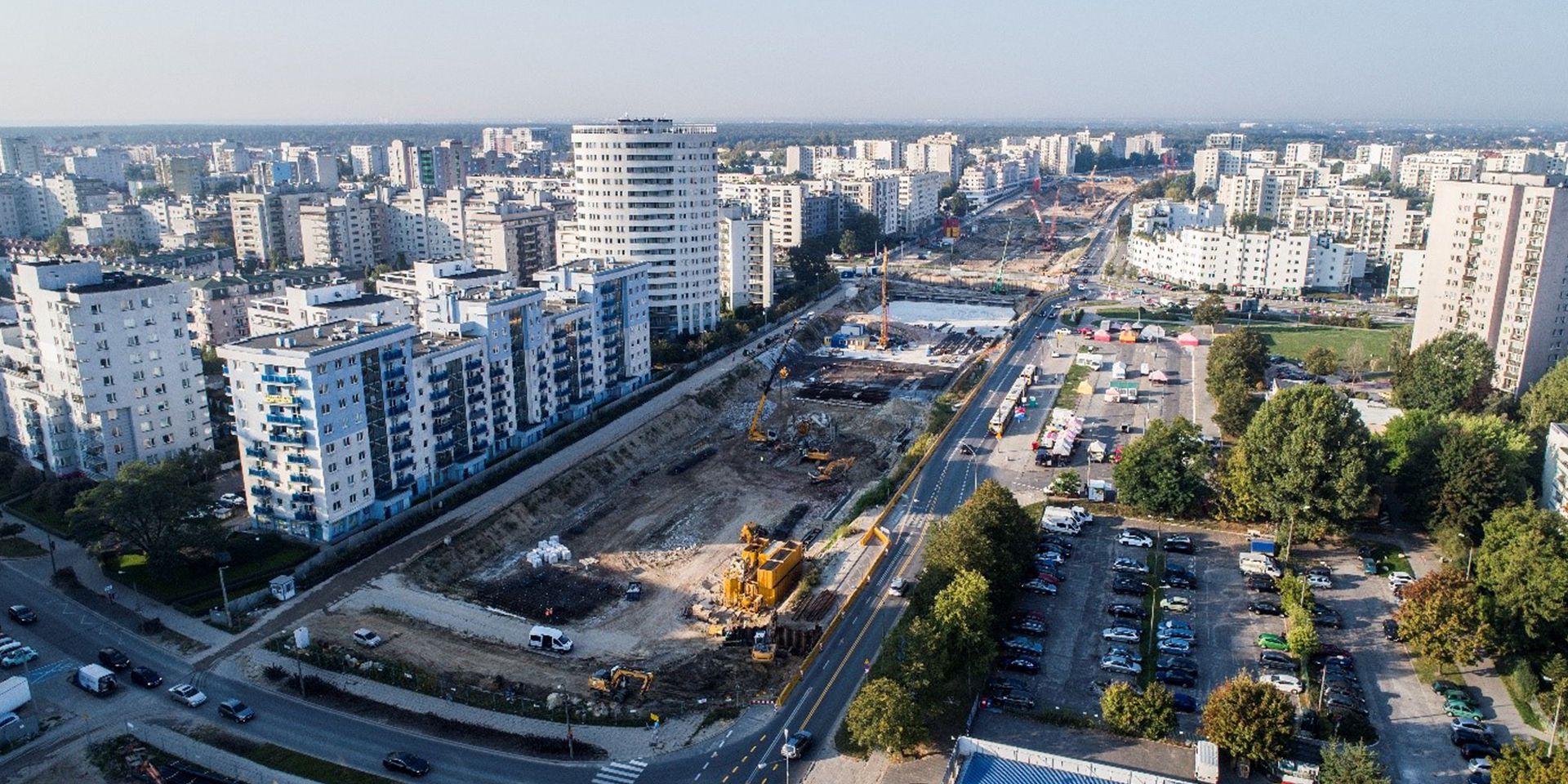
The Anti-Crisis Shield and the possibility of changing the agreement concluded within the Public Procurement regime
HANTON has developed a strategy for the Client based on Art. 15r of the Act on specific solutions related to the prevention, counteraction and eradication of COVID-19, other infectious diseases and crisises caused by them (hereinafter referred to as the “Coronavirus”). This provision constitutes a self-existent basis for amending agreements concluded under the Public Procurement Law. Pursuant to the Art. 15r Coronavirus, to modify the agreement certain conditions must be met.
Conditions for amending the agreement under the Art. 15r Coronavirus
Pursuant to the Art. 15r Coronavirus, the parties to a public procurement agreement within the meaning of the Public Procurement Law shall immediately inform each other about the impact of circumstances related to the occurrence of COVID-19 on the proper performance of this agreement, taking into account the situation in which such an impact has occurred or may occur.
A party to the agreement, to exercise the right provided for by the legislator in the Art. 15r of Coronavirus, in addition to informing the contractor about the above-mentioned impact of circumstances related to the occurrence of COVID-19 on its proper performance, is also required to confirm this impact. In the Art. 15r Coronavirus there is a sample catalog of statements and documents that may proclaim the impact of circumstances related to the occurrence of COVID-19 on the proper performance of the agreement. The legislator indicated an open catalog of such documents, two of which concern the activities of the administration, and three others concern the activities of the contractor. However, it should be remembered that nothing is able to prevent a party to the agreement from referring to other documents and statements that confirm this impact. These may be documents issued by external entities such as copies of administrative decisions of public administration bodies as well as declarations of the contracting party or its subcontractors and suppliers.
Both the form of the evidence provided and the method of its transmission are left to the will of the parties, the legislator does not impose any restrictions in this regard. However, the optimal solution seems to be the transmission of such materials in writing, in the form of originals or copies.
Pursuant to the Art. 15r section 3 Coronavirus, on the basis of the statements or documents referred to above and within 14 days from the date of their receipt, the party to the agreement provides the other party with its position, along with the justification.
After finding that the circumstances related to the occurrence of COVID-19, referred to in section 1 of the Art. 15r Coronavirus affects the proper performance of the agreement, the Ordering Party in consultation with the contractor changes the agreement. As examples of different forms of change, the legislator indicated, among others:
- a change regarding the agreed delivery date or its part, or temporary suspension of the agreement’s performance or its part;
- a change in the manner of performing supplies, services or construction works;
- a change in the scope of the contractor's performance and a corresponding change in the contractor's remuneration or the method of settling the contractor's remuneration.
The possibility of making the above modifications is limited and changes are allowed, as long as the increase in remuneration caused by each subsequent change does not exceed 50% of the value of the original agreement. As it is emphasized in the literature concerning the Art. 15r of Coronavirus, the aggregate value of the amendments may, however, be greater than the indicated threshold and greater than the original agreement value.
Modification of contractual penalties
Pursuant to the Art. 15r of Coronavirus, it is also possible to modify contractual penalties. The same conditions must be met as in the case of an agreement change, i.e. immediate notification of the other party about the circumstances justifying the extending of the implementation time and showing that the difficulties related to COVID-19 were the reason for the delay.
Newest articles
-

HANTON Law Firm a speaker at the Revitalization Forum organized by GRUPA ARCHE
18-04-2024On April 18 we celebrated International Monuments Day. On that day, the second edition of the “Revitalization Forum” under the slogan “We are united by monuments” was held at Arche Cukrownia Żnin, organized by Arche Group. This year's event was attended by experts from Poland and Europe, as well as residents of Żnin and the surrounding area, including many former employees of the Żnin sugar factory.
-

HANTON Law Firm participates in the Conference “RAILWAY TABOR - PURCHASE, MODERNIZATION, MAINTENANCE”
11-04-2024The 21st edition of the most important rolling stock event in Poland - the “RAILWAY TABOR - PURCHASE, MODERNIZATION, MAINTENANCE” conference in Ustka - has just ended. The organizer of the meeting is the Polish Chamber of Railways, whose members the law firm HANTON Szalc Zięba & Partners had the pleasure to join.
-

Article by legal advisor Michal Zięba in the latest issue of the monthly Railway Market
04-04-2024The latest issue of the Railway Market (RK) monthly magazine published an interesting article by Michal Zięba, PhD, Managing Partner of HANTON Szalc Zięba & Partners law firm, touching on the issue of legal regulations concerning repairs and inspections of multiple units.
-

HANTON Law Firm a speaker at the “Railway Law” conference
28-03-2024Monday saw the fourth edition of the “Railway Law - National and European Regulations” conference organized by the ProKolej Foundation in cooperation with the Railway Transport Office.
-

HANTON Law Firm participant in the OFFSHORE WIND Conference - risk | security | financing 2.0
21-03-2024OFFSHORE WIND 2.0 in Sopot is now behind us! Congratulations to Attis Broker and the entire MJM Holdings Sp.z o.o. group for the excellent organization and preparation of a valuable conference program.